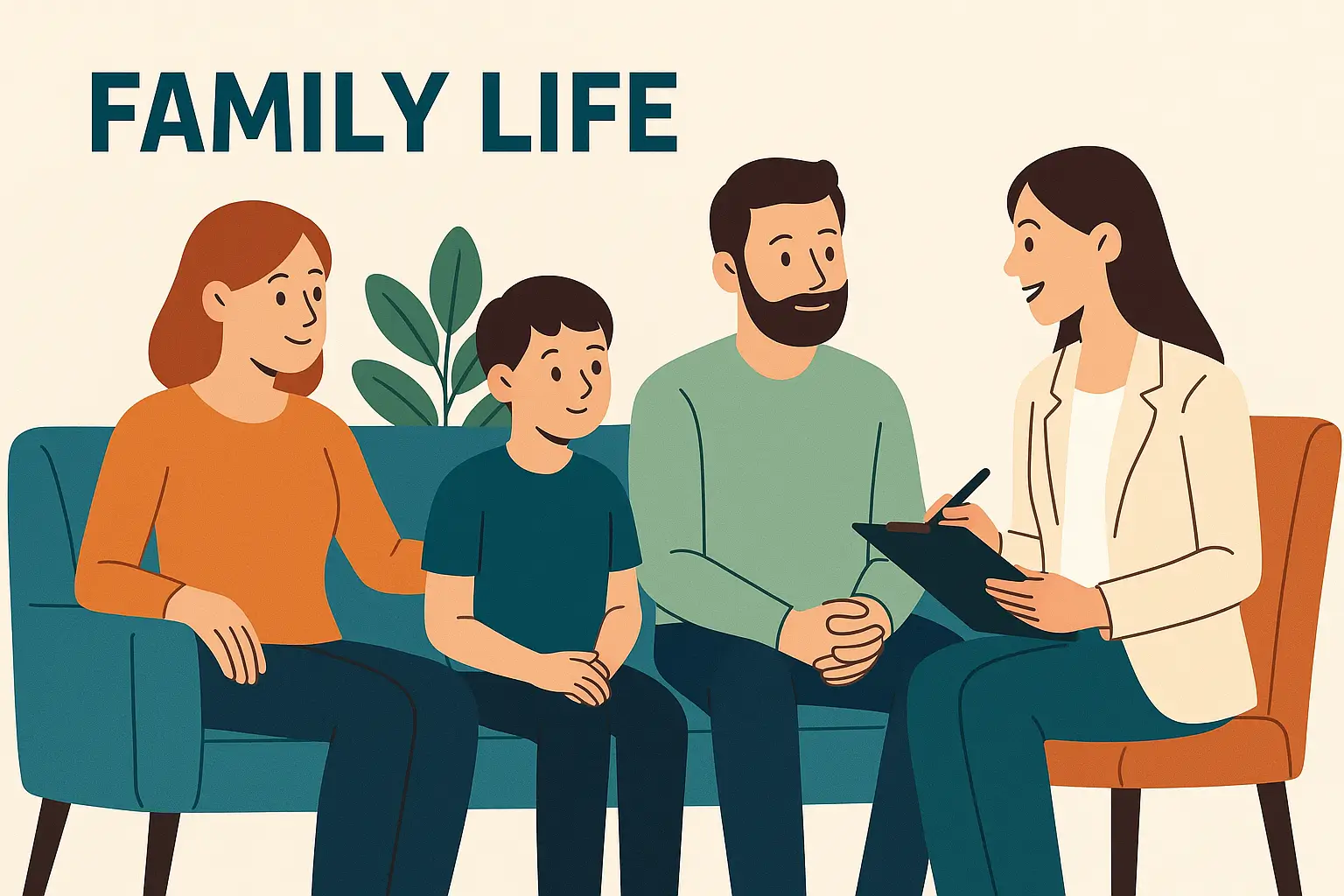Home is where your child feels safest. It’s where the routines are familiar, the comfort items live, and the people they love most are close by. But it’s also more than just a place to rest — it’s the first classroom, the testing ground for new skills, and the stage where your child learns what it means to belong.
When you bring ABA strategies into everyday family life, you’re not just “doing therapy at home.” You’re creating a space where learning and love work together, where your child can practice skills naturally and your whole family can grow stronger in the process.
Why home support matters
The progress your child makes in therapy sessions is important, but real success happens when those skills show up at home. This is where your child can practice in a space that feels comfortable and safe. Whether it’s brushing teeth, playing a board game, or helping set the dinner table, home life gives endless opportunities to reinforce skills in a way that feels natural and meaningful.
Involving the whole family
When everyone participates, the benefits multiply.
Siblings
Siblings can be some of the best teachers and playmates. They learn patience, empathy, and teamwork while your child practices sharing, taking turns, and joining in. A simple family game night, building a fort together, or even dividing up chores can turn into moments of connection and growth for everyone.
Extended family
Grandparents, aunts, uncles, and family friends often want to help, but may not know how. By sharing your child’s goals or strategies with them, you’re giving them a way to show up with understanding. A grandparent who knows how to use a visual support or a cousin who learns how to invite your child into play can make family gatherings feel more inclusive and joyful.
Creating rhythms that feel safe
Children thrive when they know what’s coming next. Predictable routines can turn ordinary days into smoother, calmer experiences. That might look like a picture schedule taped to the fridge, a “first/then” reminder that links brushing teeth to a favorite activity, or a timer that gently signals when it’s time to wrap up play. These little tools reduce stress, not just for your child, but for the whole family.
Empowering through choice
One of the simplest ways to avoid power struggles is also one of the most powerful: giving your child choices. “Do you want apple slices or banana?” “Blue shirt or green one?” These small moments of control help your child feel respected and capable. Over time, making choices builds independence — and confidence.
Supporting yourself, too
It’s easy to pour all of your energy into your child and forget about your own needs. But your well-being is part of the foundation your child stands on. Taking a quiet walk, enjoying a cup of coffee, or carving out time to laugh with a friend may seem small, but these moments refill your tank. And when you feel supported, you can show up with more patience and presence for your child.
Strengthening your partnership
Parenting a child with additional needs can put strain on relationships. Between appointments, therapy schedules, and daily routines, it’s easy for conversations with your partner to feel like endless logistics. Making space for open communication, shared decision-making, and moments that have nothing to do with schedules or therapy helps keep your relationship strong. A connected partnership gives your child an even stronger sense of security.
Celebrating the small wins
Progress isn’t always dramatic — often, it shows up in little steps. A new word. A moment of calm during a transition. A chore done independently. These wins deserve to be noticed and celebrated. They remind you that the effort you put in every day is paying off, and they encourage your child to keep growing.
The bottom line
Family life is where the most meaningful learning happens. By weaving ABA strategies into your routines, you’re not only helping your child build skills — you’re strengthening the bonds that hold your family together. With patience, love, and shared effort, home becomes a place where everyone grows, learns, and thrives together.



